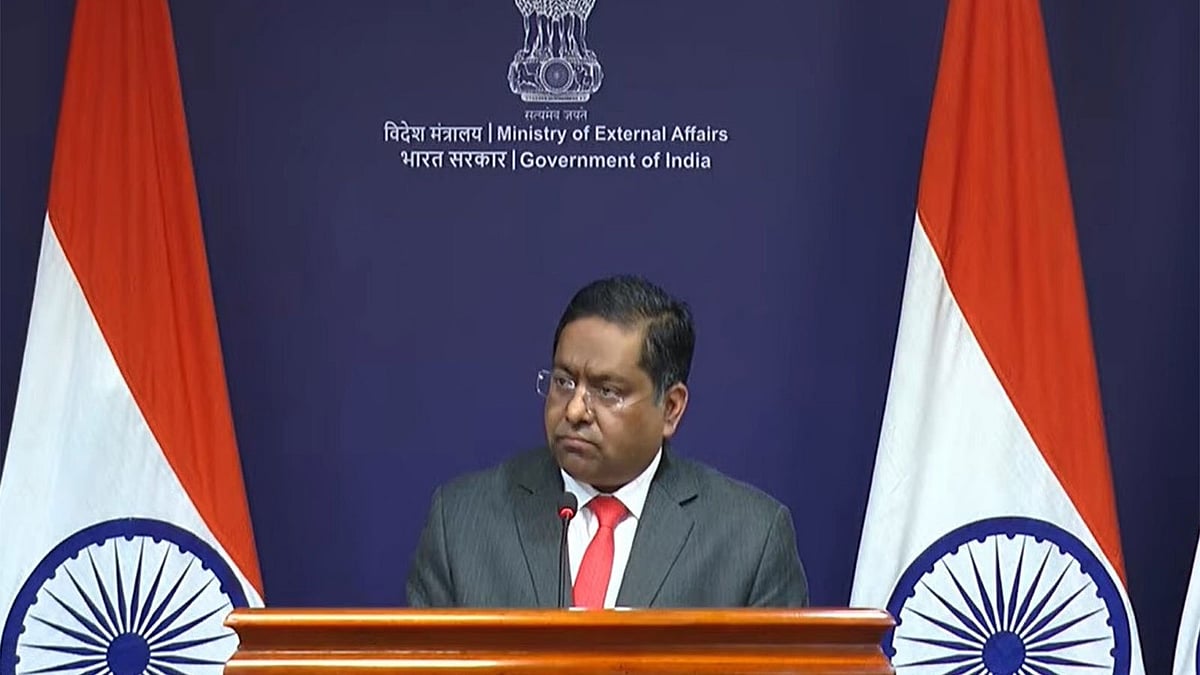An MBA degree holds incredible value. From your personal brand building and better job prospects to achieving a career change and developing managerial/business skills, it equips you for higher-order jobs in the industry. It can also teach you a thing or two about running your business as an entrepreneur and facilitate such a dream by giving you access to a powerful network. In India, the most famous options for MBA are those from IIMs and a large majority of candidates in these programs pursue their MBAs right after an undergraduate/bachelor’s degree.
However, when it comes to top International MBA programs such as the ones at Harvard, Stanford, and Wharton, the expectations and process are starkly different. Where an Indian MBA program can catapult you to the top echelons of Indian boardrooms, an international MBA can be a road to international corporate superstardom. Through this article, we will be doing a deep dive into various aspects of pursuing an international MBA degree. In this specific article, we will be providing a broad overview of the process and steps involved for someone just starting, or thinking to start on this journey based on our experience in this space over the past decade or so of helping candidates get into top international schools. Do bear in mind that this is not a perfect or complete list by any means (it’ll be impractical to even aim for something like a ‘perfect list’).

Manish Gupta, MBA Crystal Ball
Should I even pursue an MBA? Is it worth the time and money?
This simple question could be the most difficult to answer and should be the first you address before plunging yourself into an incredibly exhaustive process. For this, look at your current situation and evaluate, in objective terms, what is good and what is missing. Are you doing this only for the money? Or a better job with more well-defined growth prospects? Are you aware of the stress levels that come with post-MBA jobs? Do you want to have an international career…? Expand this list based on your situation.
Now, for each of these, see if an international MBA will make a considerable difference to your status. Also, think about alternative options that can help you reach your goals. Think about the risks involved and your ability to tackle them.
A few books and resources that may help you in the process:
Beyond The MBA Hype, by Sameer Kamat. This is a funny, audacious, and revealing look at the MBA industry. It goes beyond the glossy brochures and websites to provide the inside dope.
Managers Not MBAs, Prof Mintzberg’s book that takes a critical look at the degree
What Colour Is Your Parachute?, a book that addresses many questions for Job hunters and career changers
Online MBA discussion forums: You’ll find a lot of queries related to this phase with helpful responses. Be careful not to get over-influenced by whatever you read on the internet though.
Find a good mentor: It could be a relative, a friend, a colleague, or a top MBA admissions consultant who knows the process and can give you solid advice as in a stormy environment, they can be the proverbial candle in the wind.
Research and identify the right business schools for you
Once you’ve made up your mind to pursue an MBA, comes the most common question – Where can I make it and what are my chances? And it is natural to get confused about this since endless schools are offering ‘good’ MBA degrees. This also includes other nuances such as which location, how much cost and, the likes. This is also the point where many candidates fall into the trap of following the herd. For instance, many would see only their scores, compare them with a school’s average and decide whether they can make it. International MBA applications do not follow the law of averages on one single parameter. Rather than relying only on objective parameters (such as your scores, GMAT/GRE, years of experience, etc), give yourself enough time out to do more extensive research.
Identify your strengths and weaknesses in the academic (undergrad grades, awards, achievements), professional (quality of work-ex, career growth so far,) and personal dimensions (personality, soft skills, general knowledge).
Next, review top B school rankings. Rankings published by Financial Times, US News, Poets and Quants, and Forbes can be good starting points.
Study the websites of some schools listed in these rankings that appeal to you. Depending on your aspirations, choose a mix of schools in the top 10, top-20, top 50 and top-100 categories. See if you can identify a pattern.
For these schools, look at the web page that says ‘Current Class Profile’. This should give you a good idea of the entry barriers there.
Tools: Business school rankings, School websites, and of course, resources such as MBA Crystal Ball’s MBA profile evaluation and strategy tool.
Test Scores | [GMAT or GRE] + [TOEFL or IELTS]
For most good B schools, you’ll need to submit an aptitude test score. Today, nearly all top schools accept both the GMAT and the GRE. While a lot of schools exempt an English proficiency score (like IELTS or TOEFL) for Indian candidates who have had English as their medium of instruction during college, some may still insist on it. Study the school websites well to know the exact requirements of these.
GMAT Preparation
The general rule of thumb for GMAT/GRE is higher the better. Of course, not everyone can get a perfect score and there is no magical number out there. In many ways, however, this can be step 0 of your actual application journey and can impact your chances of admission by 15-25%. You will never know for certain how much it matters, but push hard and try to score well above your target school’s average. Some tools that can help:
Self-study: The Official Guide for GMAT, Kaplan, Princeton Review. Make sure you pick up the latest edition of these. Apart from the textbooks, several websites can help you brush up on your verbal/quant concepts. Solve as many mock tests as possible, to get a feel for the real test.
Physical/in-person coaching classes: This can be a relatively more expensive option. But it might help in adding structure and discipline to the process. If self-study isn’t getting you far, explore this option. Before signing up, talk to people who’ve attended these courses.
Online GMAT coaching: With Covid-19, this has been the default mode for several companies that previously only offered in-person classes. It offers flexibility and access to some of the best materials out there. However, make sure you are honest with yourself about whether you can prepare at your own pace.
TOEFL / IELTS Preparation
You might get a waiver for this from some B schools if you can show that you’ve completed your education in an institution where the medium of instruction was English. If not, go ahead and take the test.
Keep sufficient time for crafting strong MBA Essays
This is the aspect that can baffle Indian candidates the most as it is unique to the western education system. On average, you can expect to write 15-20 different essays (5 schools X 3-4 essays/school). Unless you write strong essays, you will not be invited to the next stage (interviews). Most schools will ask you to share your career goals, and why you want to pursue an MBA and some may go into further details of your life, for instance, the Stanford MBA application asks candidates “What matters most to you, and why?”
Budget for sufficient time to compose strong essays and do multiple iterations. Rope with the help of a mentor or a professional admissions consulting team like the one we have at MBA Crystal Ball.
What are MBA recommendations?
Usually, schools ask for two letters of recommendation (LoR). These have to be from people who know your capabilities in a professional setting and can vouch for you. It could be a manager that you worked with recently or some other professional colleague. Unlike technical master’s, you are not supposed to take recommendations from college professors. Many assume that the higher the designation of the recommender, the better. This is not necessarily true. Most schools insist on having one recommendation from your direct supervisor. It is better to have a well-crafted recommendation rather than a superficial one.
Prepare for MBA interviews
Some schools, especially the bigger, older ones with a huge MBA alumni network, ask their ‘alums’ to interview shortlisted candidates. Others, for the sake of maintaining consistency, insist that someone from the Admissions committee be involved in the process. Study your application content thoroughly. Think about what you’ve written in your essays, and in your resume. Are there any leading questions that you can predict? Work on those responses so you aren’t taken by surprise. Ask someone else (friend, colleague, a neutral party) to review your application and ask you questions. For some schools, it gets technical. There may be case studies, general knowledge topics, and even puzzles. Invest in doing mock MBA interviews.
Does it end once you have an offer?
Not quite. Getting an offer of admission is the start of another process altogether. You still have to think about finances (loan), Form i-20 (for US schools), student visa, and travel formalities. But with the big challenge of securing a good seat, you can now focus on the logistics.
The entire process can be daunting but think of it as a year-long journey. Start early, and follow through with the steps. With the right effort and early planning, that coveted international MBA admission could be yours!
The author is Chief Consulting Officer at MBA Crystal Ball, an MBA Admissions and Career Counselling service provider.





